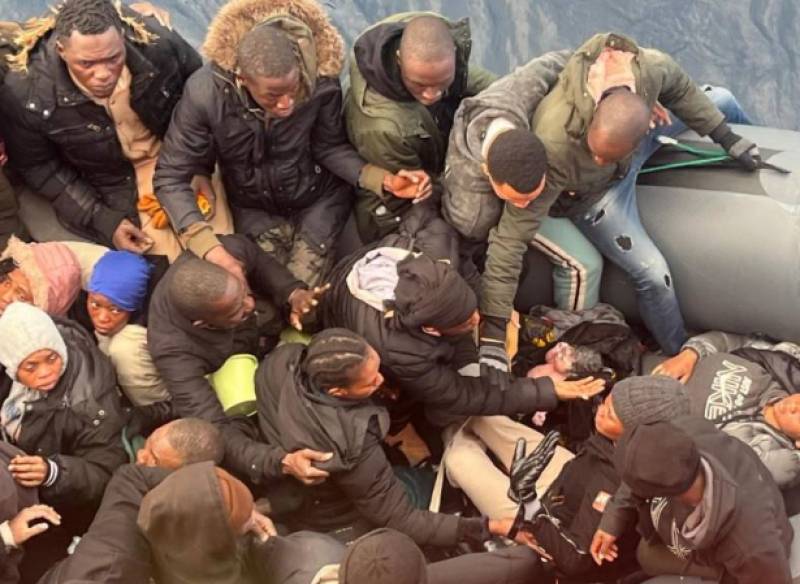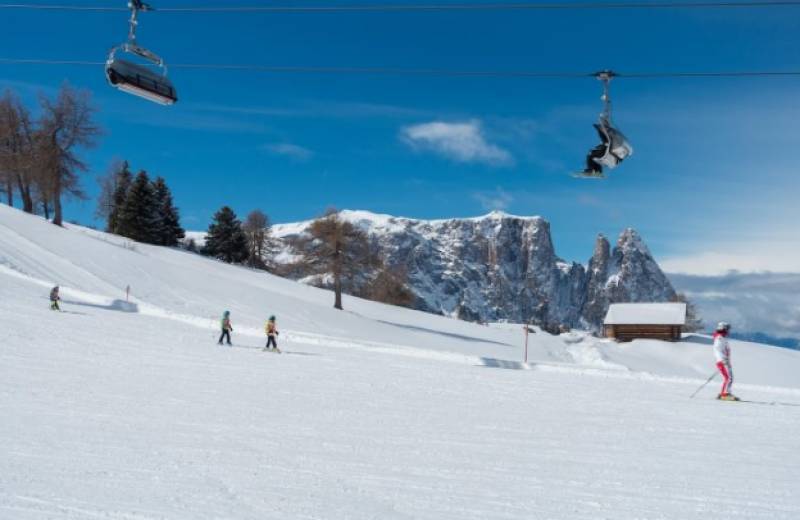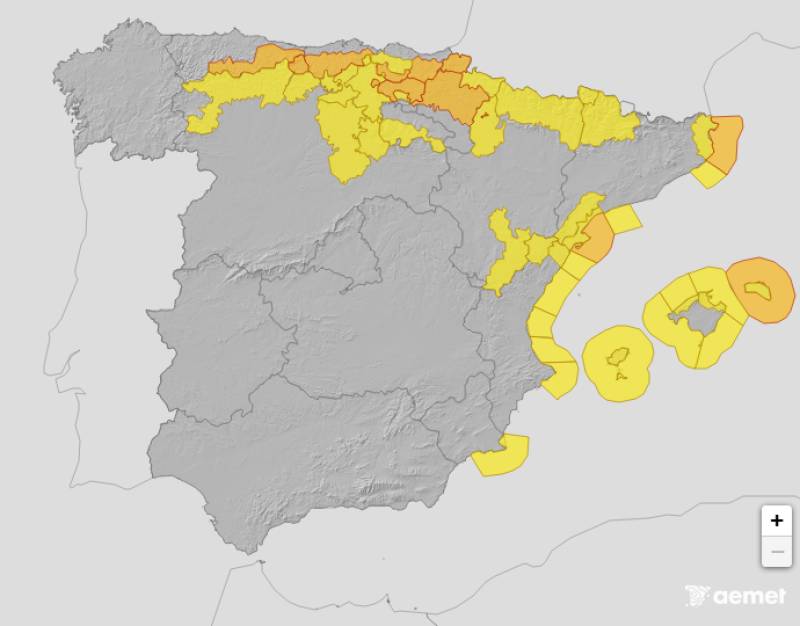- Region
- Vega baja
- Marina Alta
- Marina Baixa
- Alicante
- Baix Vinalopo
- Alto & Mitja Vinalopo
-
ALL TOWNS
- ALICANTE TOWNS
- Albatera
- Alfaz Del Pi
- Alicante City
- Alcoy
- Almoradi
- Benitatxell
- Bigastro
- Benferri
- Benidorm
- Calosa de Segura
- Calpe
- Catral
- Costa Blanca
- Cox
- Daya Vieja
- Denia
- Elche
- Elda
- Granja de Rocamora
- Guardamar del Segura
- Jacarilla
- Los Montesinos
- Orihuela
- Pedreguer
- Pilar de Horadada
- Playa Flamenca
- Quesada
- Rafal
- Redovan
- Rojales
- San Isidro
- Torrevieja
- Comunidad Valenciana
Date Published: 20/11/2025
Migrant arrivals in Spain plummet but there are more illegal landings in the Balearics than ever
The Canary Islands, traditionally the main port of entry for irregular migrants, has seen a massive drop

Between January 1 and November 15 this year, 31,742 people arrived in Spain illegally, either by sea or over land. While this number seems huge, it’s nevertheless a 41.5% drop from the 54,216 irregular migrants who made the perilous journey to this country back in 2014.
But it’s not as straightforward as a simple decline in the numbers of people illegally entering Spain. One of the key findings of the Ministry of the Interior’s report is the shift in trend in two of the main migration hotspots: the archipelagos.
In the Balearic Islands, the upward trend is clear; this year has seen a 41.7% increase in arrivals. So far in 2025, a total of 6,683 migrants have arrived on the islands, 41.7% more than the 4,717 who arrived during the same period in 2014. These migrants landed in 365 boats, 83 more than those recorded in the November report last year.
On the other hand, the Canary Islands, the main port of entry for irregular migrants in recent years, have seen a substantial drop in the number of people and boats arriving. So far in 2025, a total of 14,690 migrants have reached the islands, 63% fewer than the 39,713 who arrived during the same period in 2024. They came to Spain aboard 236 boats, 59.8% fewer than the 587 boats that arrived in 2024.
The reasons behind this shift are unclear, but much of the evidence points to a faster and seemingly safer crossing to the Balearics. At the same time, many of the coastlines here are still poorly manned, so it’s easier for the migrants to slip ashore undetected.
Balearic Islands PP deputy Joan Mesquida has accused the Spanish government of “turning a blind eye” to the escalating illegal immigration problems, which she says have been getting worse over the last seven years. This is despite the fact that Congress recently passed an initiative "for legal, orderly, and safe immigration, zero tolerance for organized crime, border reinforcement, harsher penalties, and the prosecution of human trafficking networks.
But the wheels are in motion. Just this week, a Sudanese man was remanded in custody after he was arrested by police for captaining a small boat from Algeria. The boat was located on November 11 off the coast of Cabrera Island with 18 sub-Saharan migrants on board, originating from Cameroon, Mali, Chad and South Sudan. The boat, a type of small vessel with only one engine and a few fuel canisters, was severely overloaded due to the number of people on board.
None of the migrants were wearing life jackets and many of them could not swim.
Image: Archive
Contact Murcia Today: Editorial 000 000 000 /
Office 000 000 000




























